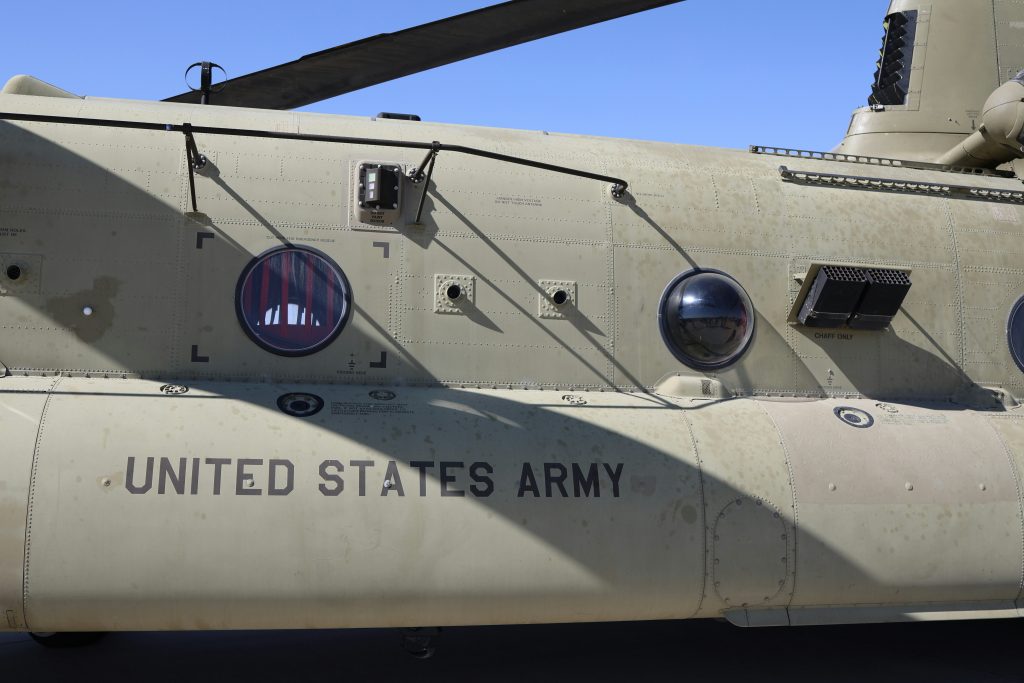Intense Military Operations Target Hamas Leader Amid Ongoing Conflict
In a significant escalation of military operations in Gaza, the Israeli military has reported the deaths of three militants in a targeted action. Among the individuals under scrutiny is Yahya Sinwar, the leader of Hamas, who has been labeled as a key architect behind the devastating attacks on October 7, 2022. Reports indicate that Israeli intelligence agents are currently assessing whether Sinwar was among those killed in the operation.
Since the attacks, which resulted in the tragic loss of over 1,200 lives and the abduction of more than 250 hostages, Sinwar has become a focal point for Israeli military efforts. Despite the ongoing violence and military pressure, sources close to Sinwar suggest that he remains defiant, showing no remorse for the actions taken by Hamas during the assault. This unyielding stance has only intensified the resolve of Israeli forces to locate and eliminate him.
The implications of Sinwar’s possible demise could be profound, marking a pivotal moment in the prolonged conflict between Israel and Hamas. Should the reports of his death be confirmed, it would represent the culmination of a year-long pursuit by Israeli forces, who have been meticulously tracking the movements of the Hamas leader, believed to be hiding within the complex network of tunnels utilized by the militant group in Gaza.
The Israeli military’s ongoing efforts reflect a broader strategy aimed at dismantling Hamas’s leadership and operational capabilities, further complicating the already fragile situation in the region. As tensions continue to mount, the international community watches closely, with concerns about the potential for further escalation and humanitarian crises.
In the wake of these developments, the situation in Gaza remains precarious, with civilians caught in the crossfire of military operations and retaliatory strikes. The humanitarian implications of such military actions are dire, as aid organizations struggle to provide assistance amid ongoing conflict and instability.
As Israel continues its campaign against Hamas, the fate of Sinwar remains uncertain, with each passing day heightening the stakes for both sides. The military’s assertion that they are evaluating the possibility of his death underscores the importance of leadership in this conflict and the lengths to which both parties will go to secure their objectives.
In conclusion, the potential death of Yahya Sinwar could signify a turning point in the ongoing struggle between Israel and Hamas, with repercussions that extend beyond the immediate conflict. As the situation evolves, it is crucial to remain vigilant and attentive to the developments on the ground, recognizing the profound impact that these events have on the lives of countless individuals caught in the turmoil.
The world holds its breath as the outcome of this operation could reshape the dynamics of power within Gaza and the broader region, emphasizing the critical need for a sustainable resolution to the conflict that has plagued this area for decades.
Tags: Gaza, Hamas, Israel, Military Operations, Sinwar, Yahya Sinwar
Escalating Tensions: Israel’s Ground Incursion into Lebanon Amid Iranian Missile Strikes
In a dramatic escalation of hostilities, the Israeli military has launched a significant ground incursion into southern Lebanon, coinciding with a barrage of missile attacks from Iran targeting Israeli territories. As air raid sirens blared across Israel, citizens rushed to bomb shelters, witnessing the ominous sight of missiles streaking through the night sky. This troubling development marks an alarming turn in the ongoing conflict, raising fears of a broader regional war involving two of the Middle East’s most formidable military powers.
The Iranian missile strikes are reportedly a response to Israel’s intensified military operations against Hezbollah, a militant group in Lebanon long supported by Tehran. In recent weeks, Israeli forces have engaged in what they describe as ‘limited incursions’ aimed at dismantling Hezbollah’s military capabilities, which have been a persistent threat to Israeli security. The Israeli military’s operations have drawn sharp condemnation from Iran, prompting Tehran to vow a retaliatory response.
Israeli officials have made it clear that a ‘significant retaliation’ is forthcoming, as the nation grapples with the implications of the Iranian attacks. Prime Minister Benjamin Netanyahu has asserted that Iran will ‘pay for’ its aggressive actions, signaling a commitment to defending Israel’s sovereignty at all costs. The strategic coordination between the U.S. military and the Israeli Defense Forces during these tensions highlights the international ramifications of the conflict, with the Pentagon closely monitoring the situation.
The current crisis is reminiscent of the monthlong war that erupted in July 2006, where Israeli forces found themselves entangled in fierce battles against Hezbollah, leading to substantial casualties on both sides. Experts warn that the ongoing military engagements could spiral into a wider conflict, particularly if Iran continues its missile assaults. As the situation continues to evolve, military analysts are closely watching the developments, assessing the potential for a broader confrontation in the already volatile region.
The implications of these events extend beyond military might; they raise critical questions about regional stability and the potential for civilian casualties amid the escalating violence. The humanitarian impact of such conflicts often bears heavy consequences, prompting calls for urgent diplomatic interventions to de-escalate tensions.
As the Israeli military prepares for further operations, it remains to be seen how Iran will respond and whether this latest round of hostilities will lead to an all-out war in the Middle East. The international community watches with bated breath, as the fragile balance of power hangs in the balance, and the specter of a larger conflict looms ever closer. With both nations bracing for a protracted struggle, the stakes could not be higher, and the quest for peace seems more elusive than ever.
Tags: Hezbollah, Iran, Israel, Israel news, Middle East, Military Operations


